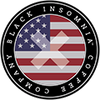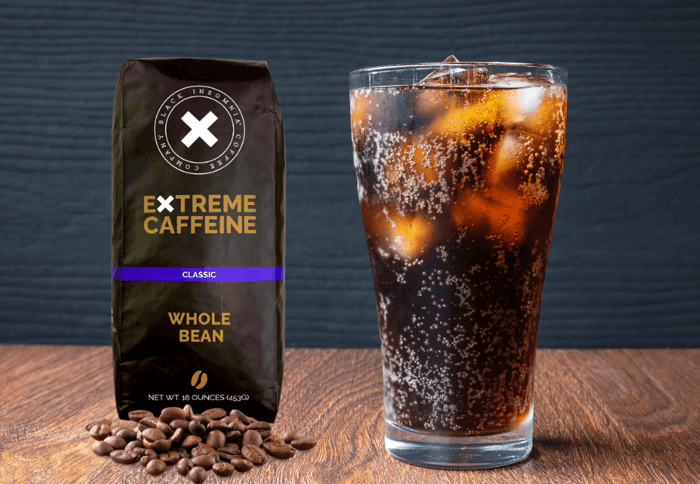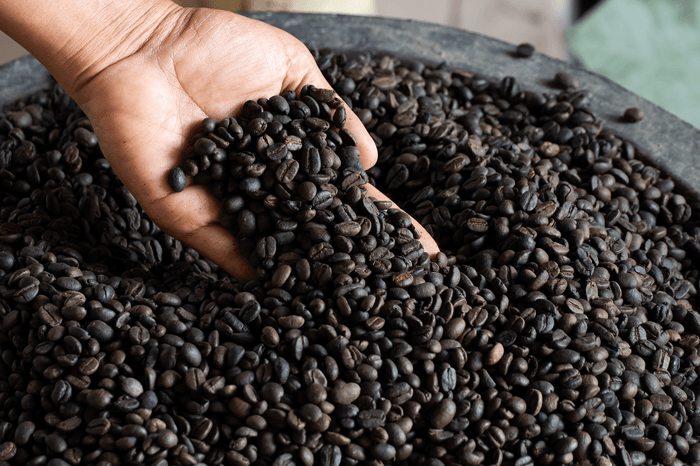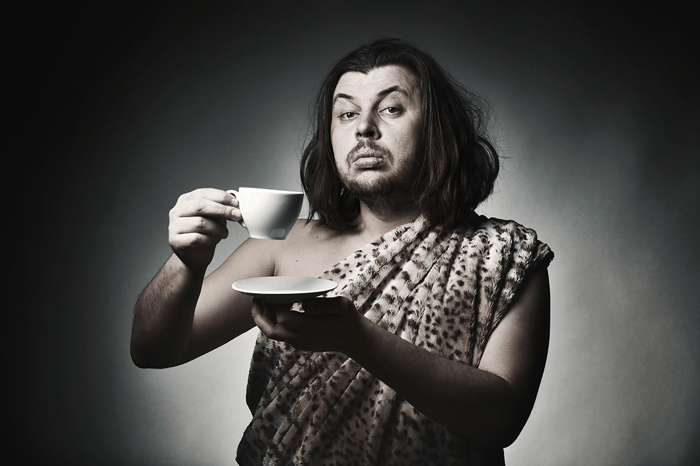
Energy Drinks have been extremely popular since they started flooding the shelves of your local Gas 'n Go. Coffee has been around since before the aliens built the pyramids. Of the two, which one is better for you? Let's take a look.
Ingredients
Coffee on its own has just one ingredient: coffee beans. Now, if you’re talking a frozen salted triple mocha frap with extra whip—the sort of $9 “coffees” my friend contemptuously refers to as “desserts”—that ingredient list is going to grow quite a bit. But if you’re brewing your own coffee at home, you have total control over what goes into it.
Ever looked at the laundry list of ingredients on an energy drink can? I rest my case.
Taste
Most energy drinks chilling in your gas station’s cooler section (or worse, in a dusty cardboard display near the register) aren’t exactly going to win any “Best Tasting” awards any time soon. Unless they’re in a competition with other energy drinks, and even then it would be a dubious award to give out.
Again, with coffee, you can control the taste, sweetness, creaminess, and strength to your exact personal preferences. Clearly, the point goes to coffee.
Nutrition
Coffee contains healthy nutrients such as niacin, magnesium, potassium, and vitamins B2 and B5. There have also been studies for years showing caffeine may help protect against the development of dementia and Alzheimer's.
Need to limit your sugar intake? Simple—don’t add sugar to your coffee. If you’re lactose intolerant, just don’t add milk—or add a type of milk you enjoy (almond, soy, coconut, etc.). Again, when you take a few minutes to make your own coffee at home, you’re in complete control of the ingredients and the nutrition.
Besides that laundry list of ingredients on the can, many energy drinks are loaded with sugar, and drinking just one can easily bump you over the daily recommended amount. Plus, all that sugar is likely to leave you feeling groggy and tired after the “sugar crash.”
Just one can of Red Bull contains 26 grams of sugar, while a large can of Monster contains 54 grams. Again, coffee naturally contains 0 grams. Another point goes to coffee.
Calories
Black coffee has 0 calories (and no aspartame or sucralose either). Energy drinks are typically high in calories, though even a “low calorie” energy drink will obviously have more than 0.
That one was easy. Coffee wins again.
Time
I’ve heard it said that the only advantage energy drinks have over coffee is being in the can, ready to drink. But it takes me less time to grind my beans and brew it using a pour-over coffee maker than to drive to the gas station a few blocks away. Even if time was the most important issue for you, you can always make some delicious cold brew ahead of time or hell, they make iced coffee ready to drink in cans, too. So yeah.
I want to give the point to coffee here because it’s so much better in taste, energy, nutrition, and every other way, but I’m going to be charitable and say this one’s a draw.
Energy
Now, here’s where things get more interesting.
This comparison depends on the brand of energy drink as well as the brand of coffee. Red Bull and Monster energy drinks have about 80 mg of caffeine per regular-sized can. The same amount of coffee will typically contain more caffeine, and will provide a higher energy boost.
But what about all those other ingredients energy drinks advertise? Well, all those “extra” stimulants (as well as the high sugar content) are what make energy drinks more likely to cause cardiac arrest than coffee. This study posted on the American Heart Association’s website in 2018 showed that just 90 minutes after consuming a 24-oz energy drink, the inner diameter of arteries was halved. It’s thought that the high level of sugar with the caffeine was to blame.
A 2016 study showed 18-to 40-year-olds who drank energy drinks having significant increases in their QTc interval—a marker of abnormal heart rhythm risk.
So, greater cardiac risks in addition to less caffeine? Yeah… I’ll stick with my pour-over, thanks.







